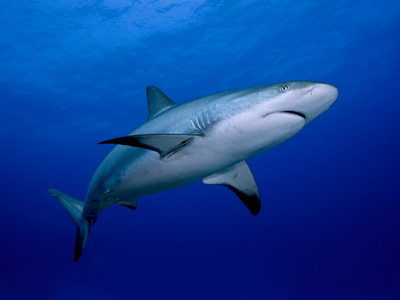
Energy Loss in Food Chains
This Biology quiz is called 'Energy Loss in Food Chains' and it has been written by teachers to help you if you are studying the subject at middle school. Playing educational quizzes is a fabulous way to learn if you are in the 6th, 7th or 8th grade - aged 11 to 14.
It costs only $12.50 per month to play this quiz and over 3,500 others that help you with your school work. You can subscribe on the page at Join Us
This middle school Biology quiz is all about food chains and the loss of both energy and biomass that occurs at each stage - from producers to primary and secondary consumers. A food chain shows how the organisms in a particular habitat depend on each other as a source of food. At the start of any food chain is a producer which is normally a green plant. It is called a producer because it produces its own energy and food from raw materials it finds in its surroundings.
Ready for more?
not all...
quizzers. Try to win a coveted spot on our Hall of Fame Page.







